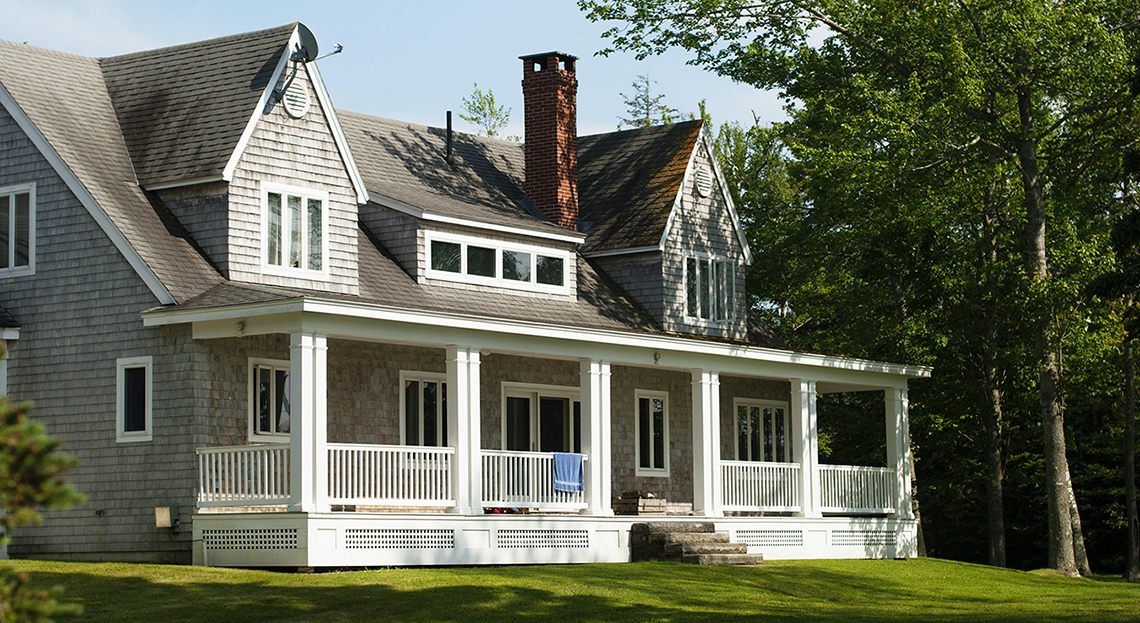Finding a place to call your own home is totally a great feeling anyone can experience. The following are take-home things you need to put in consideration before buying a home here in Kenya especially for the first time home buyers;
1. The type of a home that suites your needs.
When purchasing a residential property, you have multiple options. For example; a townhouse, a condominium, a co-operative or a multi-family building with up to four units. Whichever option you go for, always remember that it comes with its package of pros and cons basing on your home-ownership goals. Therefore, you need to decide which type of property will help you attain your goals. You could also save on the buying price in any category by choosing a fixer-upper. Although the amount of time, sweat equity and money involved to turn a fixer-upper into your dream home might be much more than you bargained for.
2. Features your ideal home will have.
You deserve to have a home that fits both your needs and wants as much as possible. The kind of neighborhood and size are among the basic desires your list should have. Moreover, narrow down to smaller details like bedroom layout, bathroom and a kitchen that comes with trustworthy appliances.
3. The cost of mortgage you qualify for.
Make sure you get approval for a loan before placing an offer on a home. In many occasions, sellers will not entertain an offer that’s not accompanied by a mortgage approval. Also, many realtors will not spend time with clients who fail to clarify how much they can afford to spend. Basically, you can do this by applying for a mortgage and completing the necessary paperwork. It is beneficial to shop around for a lender and to compare interest rates and fees using a tool like a mortgage calculator or even Google.
4. Affordability.
When deciding how big a loan to actually take, you'll want to look at the total cost of the house. Not just the monthly payment. There are a number of things you need to consider. For example how high the property taxes are in your chosen neighborhood, how much homeowners insurance will cost, how much you anticipate spending to maintain or improve the house and lastly how much your closing costs will be.
5. Do you have serious savings?
Consider upfront costs such as the down payment on the home, 20% of the total purchase price and closing costs. Basically you need to have money put away. When it comes to investing with a short-term goal, one of the biggest challenges is keeping savings in an accessible, relatively safe vehicle that still affords a return.
If you have one year to three years to realize your goal than a certificate of deposit may be a viable option. It’s not going to make you rich, but you aren’t going to lose money either. The same idea can be applied to purchasing a short-term bond or fixed income portfolio that will give you some development but also protect you from the nature of the stock markets. If the home purchase happens in a year's time, then you need to keep the money liquid. A high-yield savings account could be the best option. It’s important to make sure it is insured so that if the bank goes under you can still have access to your money.
6. A Real Estate Agent to help you find a home and guide you through the process.
A good real estate agent will help you locate various homes that meet your needs and are within your price range. Once you've chosen a home to buy, Real Estate professionals can help you negotiate the entire home-buying process like; making an offer, getting a loan, and completing paperwork. He/She can protect you from any pitfalls you might encounter during the process.


